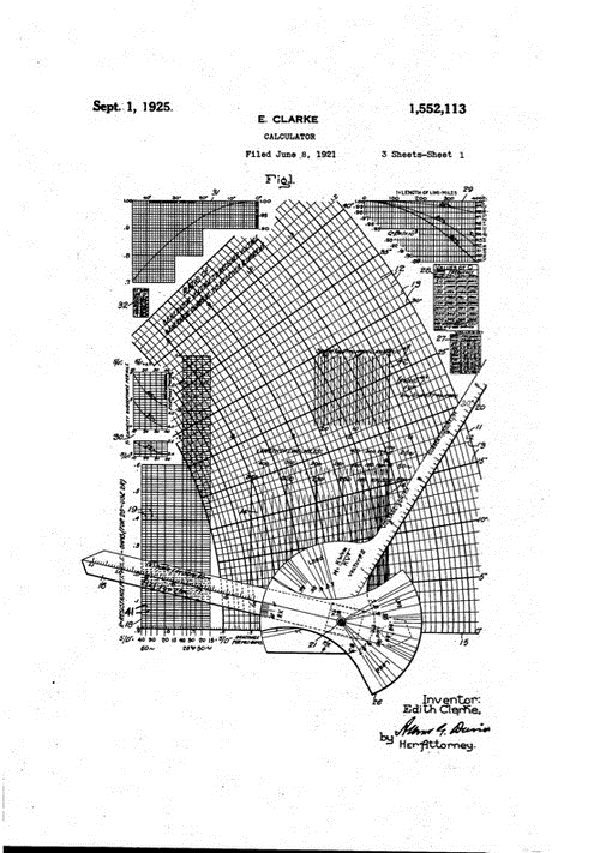Image of Edith Clarke via NIHF
Edith Clarke, one of the first women to establish themselves in the male-dominated field of engineering, has been added to the US National Inventors Hall of Fame (NIHF) to join Nikola Tesla and Thomas Edison.
The move comes more than 50 years following her death in 1959, but is arguably a long time coming given she is credited with effectively inventing the earliest form of software that went on to become the more familiar versions we deal with on a daily basis, according to General Electric (GE)’s post about her induction into the hall of fame.
Comprised of around 500 engineers and scientists, the NIHF is a who’s who of some of history’s greatest minds, inventors and entrepreneurs that influenced not just their home nation of the US, but also internationally.
Despite a troubled upbringing, Clarke went to college to study astronomy and mathematics before graduating and finding a job with AT&T as a ‘computer’ in the early 20th century and became heavily involved in the creation of the first transatlantic telephone line.

Patent for Edith Clarke’s graphical calculator. Image via NIHF
Breaking down barriers
After a period abroad, Clarke moved back to the US where she took up a position as America’s first professional electrical engineer. She then went on to break a number of barriers for women following her acceptance to American Institute of Electrical Engineers, where she was the first woman to present a scientific paper to the institute and also the first woman to gain full voting rights in its history.
Perhaps her most well-known invention was her ‘graphical calculator’ which she patented as early as 1919 which addressed the issues found with transmitting power across distances of more than 250m (402km).
Speaking of her legacy, GE’s historian and curator at the Schenectady Museum of Science, Chris Hunter, said, “She was the one of the engineers who really understood and expanded Charles Steinmetz’s equations of alternating current theory.”
Considering the many struggles she faced as a pioneer for women in engineering, Clarke admitted in an interview with The Dallas Morning News before her death that she was originally unsure if she could pursue her dreams because of the societal pressures that existed at the time against women in science, technology, engineering and maths (STEM).
“I had always wanted to be an engineer, but felt that women were not supposed to be doing things like studying engineering,” she said.
Women Invent Tomorrow is Silicon Republic’s campaign to champion the role of women in science, technology, engineering and maths. It has been running since March 2013, and is kindly supported by Accenture Ireland, Intel, the Irish Research Council, ESB, Twitter, CoderDojo and Science Foundation Ireland.
Inspire 2015 is Silicon Republic’s international event running 18-19 June in Dublin that connects sci-tech professionals passionate about the future of STEM with fresh perspectives on leadership, innovation and diversity. Buy your early bird tickets now!